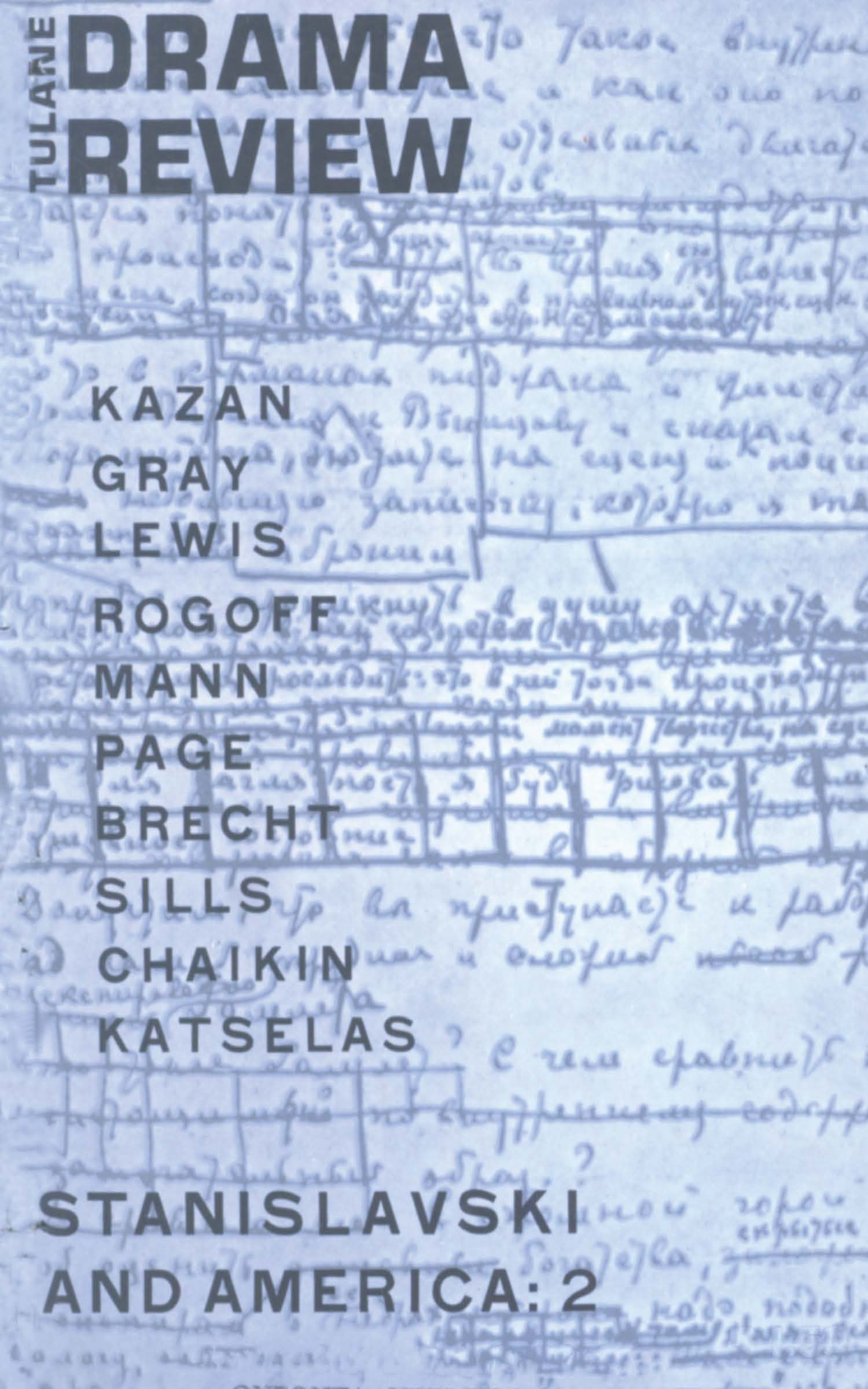No CrossRef data available.
Article contents
Extract
In Kleist's Robert Guiscard there appear to be three main centers of interest: Guiscard himself, his army, and the members of his family. Undoubtedly Guiscard was to occupy a dominating position in the dramatic action; the fortunes of his family and of his army were to be of secondary importance compared with his own. Nevertheless, the army and the family were not a mere background of the tragic action, they were an essential part of it. This is shown by the vivid and emphatic description of the army surging around Guiscard's tent like the tempestuous sea around a rock, and by the clear-cut characterization of such figures as the old warrior, Abelard and Guiscard's son Robert.
- Type
- Research Article
- Information
- Copyright
- Copyright © The Tulane Drama Review 1962
Footnotes
From “Robert Guiscard and Die Familie Schroffenstein,” in E. L. Stahl's The Dramas of Heinrich von Kleist. Reprinted by permission of Basil Blackwell, Oxford, England.
References
Notes
1 English translation in Poet Lore, Volume 25.
2 English translation in Eric Bentley's The Classic Theatre, Volume 2.
3 In a letter dated April 10, 1804.
4 On June 18, 1801, he borrowed Part I of Das tragische Theater der Griechen by Steinbruchel from the Dresden library. This volume contains four dramas of Sophocles, including Oedipus.




